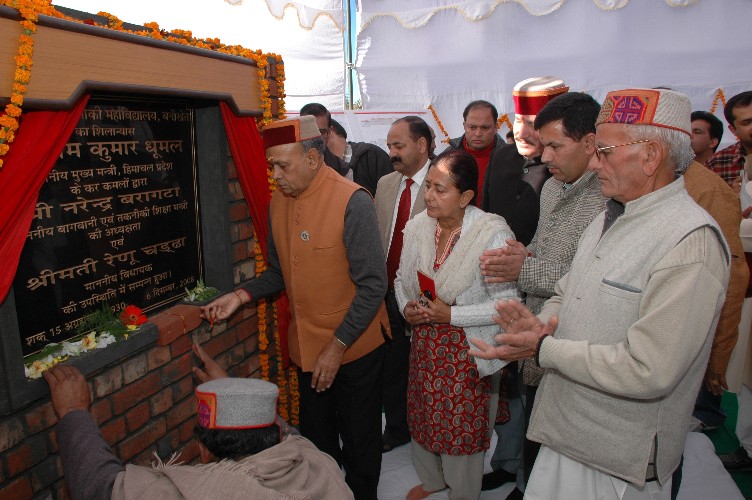Jammu/Srinagar : Haphazard expansion, chaotic living conditions and unauthorised colonies have scarred Jammu and Srinagar, the winter and summer capitals of Jammu and Kashmir respectively, with the authorities neglecting the vital task of constructing planned settlements, the response to a Right to Information (RTI) query shows.
In Jammu city, which has population of about one million, excluding the floating population during winters, the Jammu Development Authority (JDA) has developed only seven colonies till date. If one counts the different phases of these colonies, then the total comes to 11. There are two more government colonies set up by the state government’s housing department.
Srinagar city, having a population of about 1.2 million, has a total of seven colonies, constructed by both the Srinagar Development Authority (SDA) and the housing department. This figure also goes up to 11 if different phases are counted separately.
Disclosing the information sought this correspondent through the RTI Act, JDA said it developed its last colony in 1995, while SDA cites that it built its last settlement in 2007 — which is, however, an extension of a previously built colony.
Sanjay Gupta, a housing expert in Jammu, said: “The way the population of both the main cities is increasing, there should have been a minimum of four times the existing number of government colonies.”
He said facilities in even the existing colonies were “inadequate”.
“As a consequence of lack of planned government housing colonies, there is haphazard development, leading to all-round chaos,” he said, adding the worst may be ahead as “the periphery is developing in an unorganised way”.
Lack of government initiative in housing has led to unplanned expansion, where people buy land privately and construct their houses, with scant regard for proper connecting roads, drainage, electricity and water supply.
One such example is Ravinder Sharma, a middle-aged businessman who waited for several years to buy an affordable flat in a government colony.
“But the government has not built new colonies. Finally, I had to buy private land for constructing a house. Though I have a house now, there are no basic amenities. There is acute shortage of water and erratic electric supply, no drainage with filth and garbage around. Animals are kept better in zoos than most Jammuites,” an exasperated Sharma said.
According to the JDA, there are 15 unauthorised housing colonies in Jammu while the SDA did not give any number in its reply, but only said “no case is under disposal with SDA for regularisation of any unauthorised colony that may have come up.”
According to the JDA, only three private builders have taken permission to develop housing colonies, while the actual number appears to be much higher, going by the advertisements in newspapers and local television channels.
But urban development department officials, on condition of anonymity, said that the number is more than 20 in both Jammu and Srinagar.
Both JDA and SDA concede that the number of government housing colonies set up till date are far less than required and add that “the possibility is being explored for construction of new housing colonies and group housing”.
To a question on whether the government has received any offer for creating housing colonies under the public private partnership (PPP) mode, the replies by both agencies were in the negative.
“PPP nowadays is essential to achieve targeted investment in infrastructure, but rules/policies are yet to be implemented,” the SDA said in its reply.
Some private builders said they had made such offers, but they “cannot pay hefty commission to the officials”.
There are many realtors who have constructed multi-storey flats in Jammu city.
The permissible height of these flats is 30 metres. However, JDA does not provide any information on violations saying “consolidated data on violation is not available”.
But sources said there is 90 percent violation in regard to the height of the flats as “almost all the builders have exceeded the permissible limit”.
IANS


